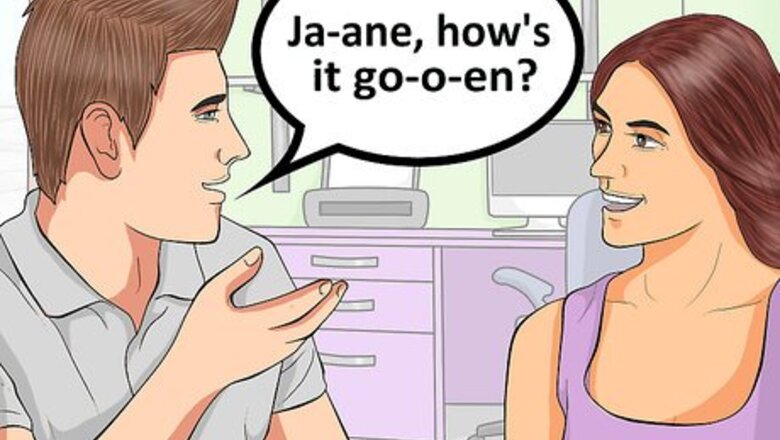
views
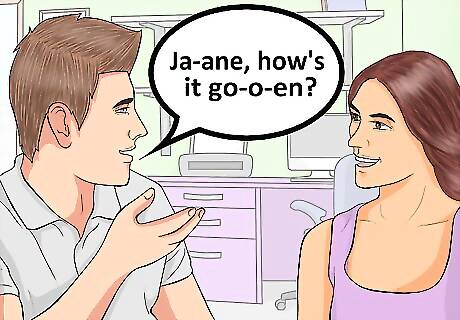
Stretch out vowels and lengthen them. For example, in the sentence "Jane, how's it going?" you would say "Ja-ane, how's it go-o-en?" Do not stretch it out for more than about half a second, but this is a crucial aspect of performing a convincing Welsh accent.
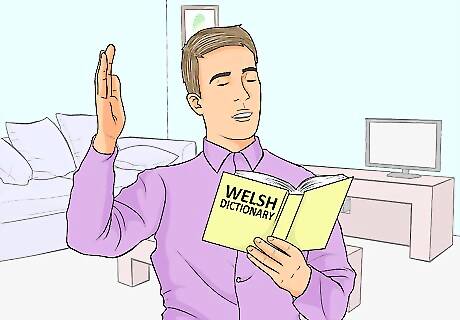
Speak in a "singsong" manner. The Welsh accent is very notable for its singsong nature. Every few words, exaggerate and draw out the vowels significantly in order to replicate this. Even when exaggerating the words, don't draw out vowels for too long (about one second is too long).
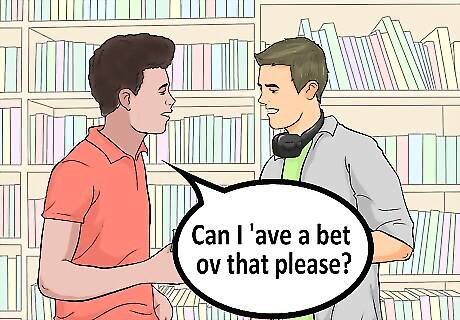
Change "i" sounds. When pronouncing the "i" sound in words such as doing, going, pit and lit, the "i-" sound becomes reminiscent of an e, as shown in step one, where "going" is pronounced "go-o-en", in the sense that the "o" is stretched out and the "ing" suffix is said "en". Or "Can I have a bit of that?" it becomes "Can I 'ave a bet ov that please?"

Slur certain letters. Some letters are slurred; for example, "h" and "f" are often skipped or slurred where "have" becomes "ave" and "of" becomes "ov". This is not for all letters though so do this with only "h", "f" and other "soft" letters. Do not do this with vowels.
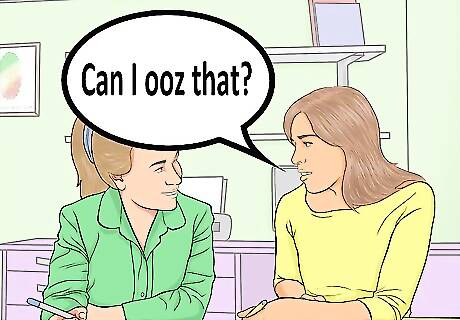
Drop "y" sounds. "Y" sounds are also frequently dropped. So instead of saying "Tell Jake the news" you say "Tell Jake the ooz". Do this for both "y" sounds (yods) and the actual letter, even in the word use. "Can I use that?" vs. "Can I ooz that?".
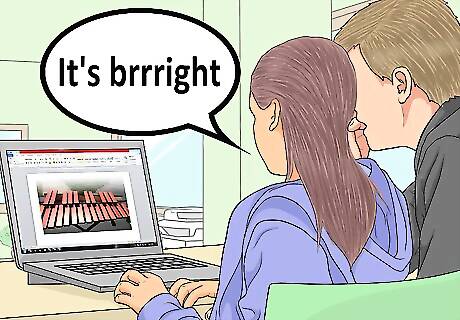
Roll the "r" sound. "R" sounds have a very slight roll to them, but it's very easy to roll the r too much, so "It's brrright" (triple r where you'd roll it) would be too much, as you only roll it for a split second, as in "brright" but still enough that you do not pronounce it "bright". Very similar to rolling the r once.
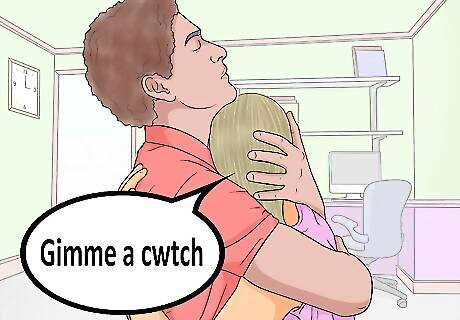
Use common Welsh phrases. These are anything from "cwtch" (pronounced cutch) which means hug "Gimme a cwtch" or the other phrases like "Now in a minute". A lot of Welsh people say this and it means "I will do it, just not now, so leave me alone".
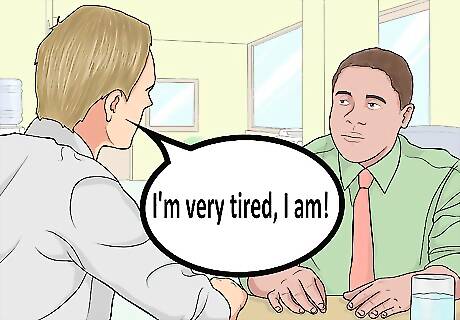
Change and repeat some words. Similarly to German, sometimes Welsh people, rather than saying "I am very tired" say "I'm very tired, I am" or "I'm thirsty, I am". This is the same with "I do", for example instead of "I do like that", many Welsh people say "I like that, I do".












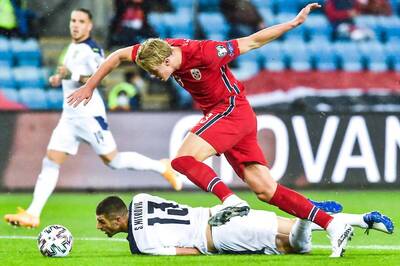


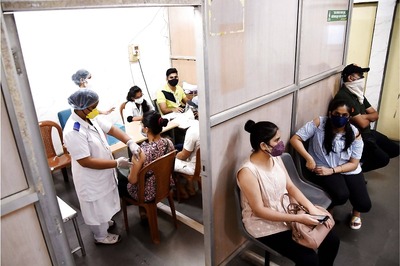




Comments
0 comment